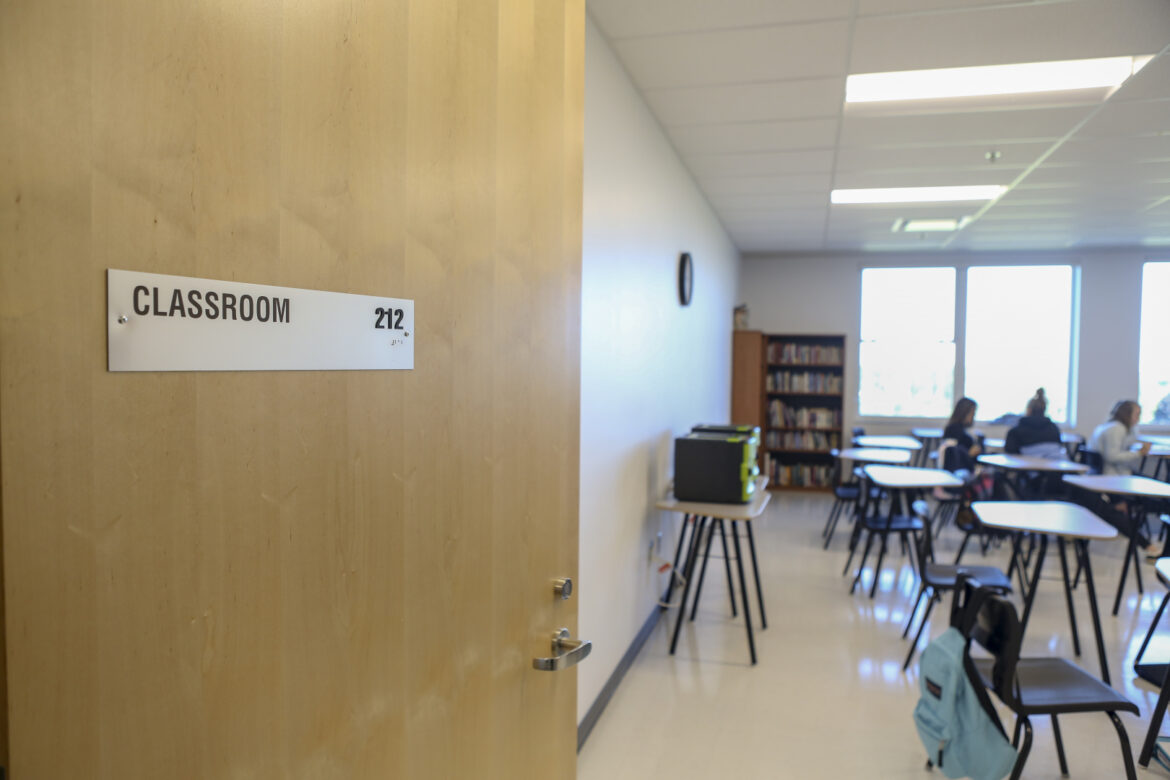368

The government released the updated Provincial School Code of Conduct Policy today, April 29. (Province of Nova Scotia / File)

Nova Scotia schools will soon operate under a stronger code of conduct that explicitly defines unacceptable behaviors and outlines clear consequences for…
To continue reading this article, you need to join HR News Canada's FREE community.
Sign up for free now at https://hrnewscanada.com/register/hr-news-canada-free-membership/
HR News Canada posts are written by the team at North Wall Media, publishers of this media brand.

HR News Canada is an independent source of workplace news for human resources professionals, managers, and business leaders. Published by North Wall Media.
©2026 All Right Reserved. Designed and Developed by North Wall Media